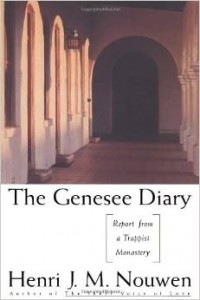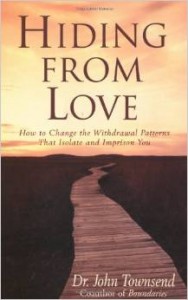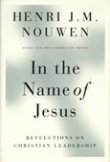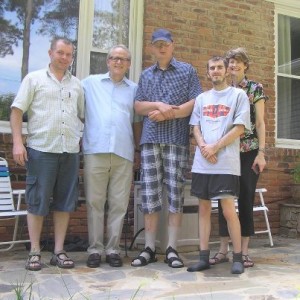“Through meditation we can let the words of Jesus descend from our minds into our hearts and create there a dwelling place for the Spirit. Whatever we do and wherever we go, let us stay close to the words of Jesus. They are words of eternal life.” — Henri J. M. Nouwen
Meditation is used to describe a variety of exercises, behaviors and activities for the person seeking to grow their spiritual or inner life. We hear the extremes when meditation is being described, which go from thinking about nothing and clearing your mind to filling your mind with spiritual words and the writings and quotes from the Bible and other books considered sacred for us. One could say that it is a combination of clearing our minds of the clutter of the mundane messages regarding cleaning products and automobiles so that we can focus on the truths from God that apply to all of life. As Henri Nouwen describes in the quote above, “through meditation we can let the words of Jesus descend from our minds into our hearts.” That is the goal of our times of daily reflection with the scriptures in this book.
It is as if we want to allow God’s words to go from the reading to the transformation of our thinking and acting. For truths to affect our wills, we have to contemplate meaning, truthfulness, applicability and outcomes. We may ask ourselves questions that address all of these topics. Questions like, what does this mean? What happens if I do this? What will be the results if I act on this principle?
Jesus spent time daily in prayer to His Father. Jesus often said that He was only doing what the Father had told Him to do. It was as if Jesus checked in constantly to see how His activities were matching up with what the Father and Spirit wanted Him to teach and do. Observing this daily habit of Jesus, led Nouwen to say that solitude — being alone with God — was the furnace for change. We connect to God through the Bible. We hear His words as we read and think about all that He has done for us as we meditate on His words. All of this leads us to change how we think and act. Otherwise, we have no truth coming into our lives. Jesus needed a daily time alone with the Father. Are we any different? Are we just as needy?
God gives us instruction as far back as Genesis concerning the need to meditate, but the book of Joshua is perhaps the most specific and simple concerning the absolute necessity of meditation.
“This Book of the Law shall not depart from your mouth, but you shall meditate on it day and night, so that you may be careful to do according to all that is written in it. For then you will make your way prosperous, and then you will have good success.” (Joshua 1:8 ESV)
If this were the only thing that God ever said about meditating on Scripture, it would be enough. It is quite clear that if we want to experience success in life — according to God’s economy — then we need to meditate on the laws of God. That was Jesus’s pattern and it was the Lord’s clear instruction for Joshua. Of course, the Psalms of David are full of promises regarding meditation. In fact, when David thinks about preparations for war, he chooses meditating on God’s truth instead of developing battle strategies. He says, “Even though princes sit plotting against me, your servant will meditate on your statutes.” (Psalm 119:23 ESV)
Let us join together, then, daily to listen to God’s wondrous works and allow them to change our minds and hearts as we ponder, answer questions and think about how to go forward in love!
— From my forthcoming book, “Heart Journey: Going Forward in Love” due to be published in December, 2017.



